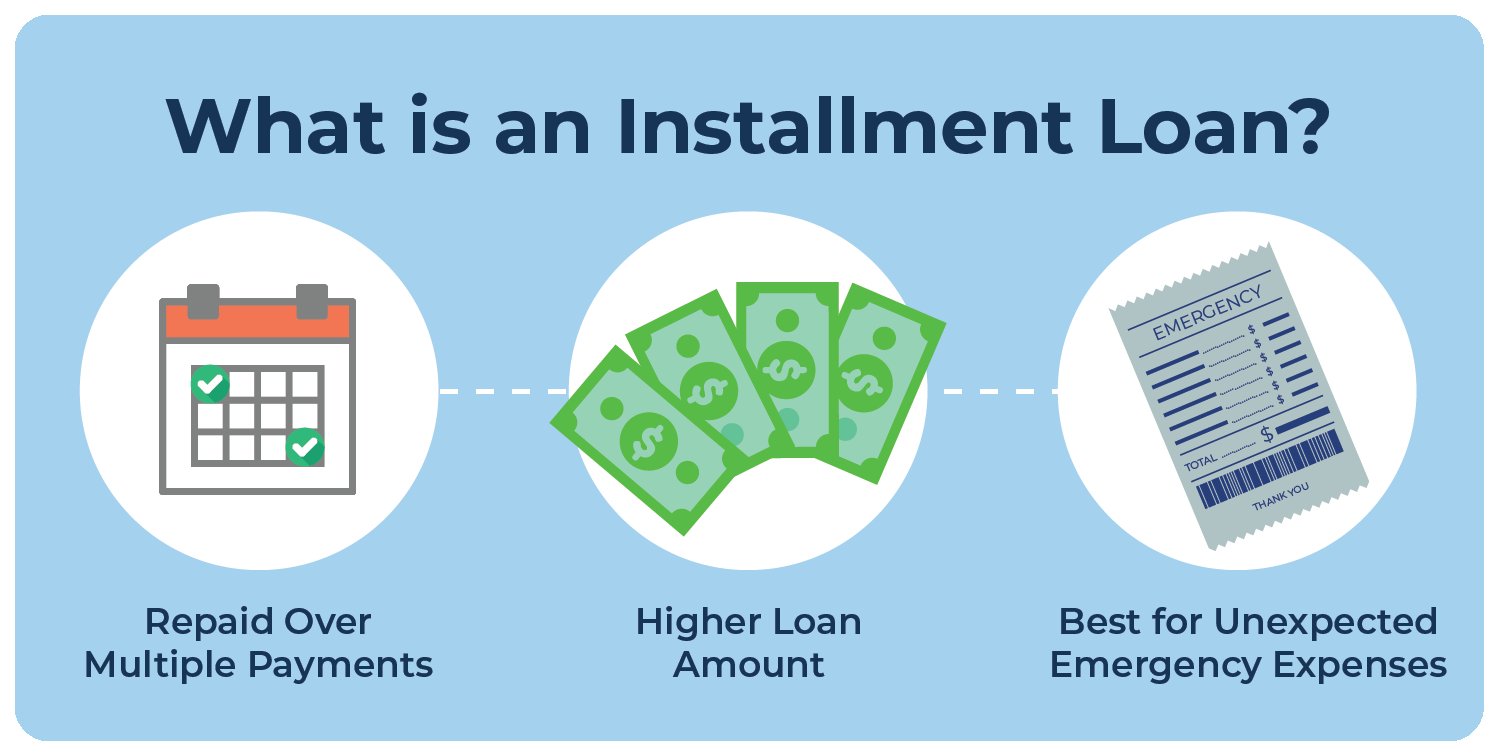Are you looking for practical tips to effectively manage your finances during retirement? Well, you’ve come to the right place! Budgeting during retirement can seem daunting, but with the right strategies in place, you can ensure a smooth financial journey while enjoying the golden years of your life. In this article, we will explore some valuable tips for effective budgeting during retirement to help you maintain financial stability and achieve the retirement lifestyle you deserve. So, let’s dive in and empower ourselves with the knowledge and tools to make the most out of our retirement funds.
Tips for Effective Budgeting During Retirement
Introduction
Retirement is a time to enjoy the fruits of your labor and relax after years of hard work. However, to ensure a comfortable and stress-free retirement, it is crucial to have a solid budgeting plan in place. Effective budgeting during retirement can help you make the most out of your savings, maintain financial stability, and achieve your retirement goals. In this article, we will explore various tips and strategies to help you budget effectively during retirement.
1. Assess Your Expenses
One of the first steps to effective budgeting during retirement is to assess your expenses thoroughly. Start by tracking your spending for a few months to get an accurate picture of where your money goes. Categorize your expenses into fixed costs (such as housing, utilities, insurance) and discretionary costs (such as entertainment, travel, dining out). This analysis will provide insight into which areas you can potentially cut back on and identify any unnecessary expenses.
2. Create a Retirement Budget
Once you have a clear understanding of your expenses, it’s time to create a retirement budget. A retirement budget outlines your expected income and expenses during your retirement years. Consider factors such as your pension, social security benefits, investment income, and any part-time work or side income you may have. Allocate funds for essential expenses, such as housing and healthcare, as well as discretionary expenses like travel or hobbies. Make sure to leave some room for unexpected expenses or emergencies.
2.1 Allocate for Healthcare Costs
Healthcare costs are a significant consideration in retirement. As you age, medical expenses may increase, so accounting for healthcare costs in your budget is crucial. Research and understand the available healthcare options, such as Medicare, supplemental insurance, and long-term care insurance. Factor in premiums, deductibles, copayments, and potential out-of-pocket expenses. It is advisable to review your healthcare budget annually to account for any changes in your health needs or insurance coverage.
2.2 Consider Inflation
Inflation erodes the purchasing power of your savings over time. When creating a retirement budget, it’s important to consider the impact of inflation on your expenses. Historically, the average inflation rate has been around 3%, but it can vary from year to year. Take this into account when estimating your future expenses, and adjust your budget accordingly to ensure your savings will last throughout your retirement.
3. Minimize Debt
Carrying debt into retirement can put a strain on your finances. Prioritize paying off high-interest debts, such as credit cards or loans, before you retire. Minimizing your debt burden will free up more funds for your retirement budget and allow you to live more comfortably. Consider working with a financial advisor to come up with a strategy to pay off your debts efficiently.
4. Explore Downsizing Options
As you enter retirement, downsizing your living arrangements can be a wise financial move. If you have a large family home or excessive space that you no longer need, consider downsizing to a smaller, more cost-effective property. This can help reduce housing expenses, maintenance costs, and property taxes. Additionally, downsizing frees up additional funds that can be allocated towards your retirement savings or other financial goals.
5. Be Mindful of Your Withdrawal Rate
Determining a sustainable withdrawal rate is crucial to ensure that your retirement savings last throughout your golden years. The general rule of thumb is to withdraw no more than 4% of your retirement portfolio annually. This approach, known as the 4% rule, aims to balance your income needs while still preserving the principal. However, everyone’s situation is unique, so it’s essential to consider factors such as market conditions, life expectancy, and any potential changes in your expenses.
6. Continuously Monitor and Adjust
Budgeting during retirement is not a one-time task; it requires continuous monitoring and adjustment. Regularly review your budget to ensure you are staying on track and making progress toward your financial goals. Analyze your spending habits, evaluate your investments, and adjust your budget as necessary to accommodate any changes in your income, expenses, or lifestyle. Consider working with a financial advisor to receive expert guidance and to keep your retirement budget on the right path.
Effective budgeting during retirement is essential to maintain financial stability and achieve your retirement goals. By assessing your expenses, creating a retirement budget, minimizing debt, exploring downsizing options, being mindful of withdrawal rates, and continuously monitoring your budget, you can ensure a comfortable and worry-free retirement. Plan ahead, make informed decisions, and enjoy the peace of mind that comes from having a well-managed retirement budget. Remember, it’s never too early or too late to start budgeting effectively for your retirement years.
The BEST Retirement Advice EVER From Retirees (7 Examples)
Frequently Asked Questions
Frequently Asked Questions (FAQs)
1. How can I effectively budget during retirement?
To effectively budget during retirement, start by analyzing your sources of income, such as pensions, Social Security, and investment returns. Then, create a comprehensive list of your expenses, including essentials like housing, healthcare, and groceries, as well as discretionary spending. Track your expenses regularly and make adjustments as needed to ensure you’re living within your means.
2. Is it essential to have a retirement budget?
Yes, having a retirement budget is crucial as it helps you maintain financial stability and ensure that your savings last throughout retirement. A budget allows you to track your income and expenses, make informed decisions about your lifestyle, and adjust your spending habits accordingly.
3. How do I determine my retirement budget?
To determine your retirement budget, start by assessing your current expenses and estimating how they may change in retirement. Consider factors such as healthcare costs, travel plans, and potential hobbies. It’s also essential to account for inflation and unexpected expenses that may arise. Consulting with a financial advisor can provide valuable guidance in creating an accurate retirement budget.
4. What are some strategies for reducing expenses during retirement?
Reducing expenses during retirement can help stretch your retirement savings. Consider downsizing your living arrangements, cutting back on non-essential luxury expenses, and exploring discounts and benefits available for seniors. Additionally, reviewing and adjusting your insurance coverage can help you save money over time.
5. Should I account for inflation when budgeting during retirement?
Yes, accounting for inflation is essential when budgeting during retirement. Inflation erodes the purchasing power of your money over time, so it’s important to factor it into your budget calculations. Consider estimating a conservative inflation rate and adjusting your budget annually to account for rising costs.
6. How can I ensure my budget is flexible enough to handle unexpected expenses?
To ensure your budget is flexible enough to handle unexpected expenses, it’s important to establish an emergency fund. Set aside some money specifically for unexpected circumstances, such as medical emergencies or major home repairs. Having this safety net will help you avoid tapping into your retirement savings, allowing them to grow uninterrupted.
7. Is it advisable to seek professional financial advice for retirement budgeting?
Yes, seeking professional financial advice for retirement budgeting is highly advisable. A financial advisor can provide expert guidance tailored to your specific situation and help you navigate complex financial decisions. They can assist in creating a retirement budget, optimizing your investments, and ensuring your financial goals are on track.
8. What are some tips for managing debt during retirement?
Managing debt during retirement is crucial to maintaining financial stability. Consider prioritizing debt repayment or exploring options to consolidate or refinance high-interest debts. Additionally, controlling spending habits, living within your means, and avoiding unnecessary debt can help mitigate financial strain during retirement.
Final Thoughts
In conclusion, effective budgeting during retirement is crucial for financial stability and peace of mind. By following a few key tips, retirees can ensure a comfortable and worry-free financial future. First, creating a detailed budget that aligns with your retirement goals is essential. Secondly, tracking expenses and prioritizing spending can help eliminate unnecessary costs. Lastly, it is important to regularly review and adjust your budget as circumstances change. With these tips for effective budgeting during retirement, individuals can confidently navigate their financial journey and enjoy the golden years stress-free.



